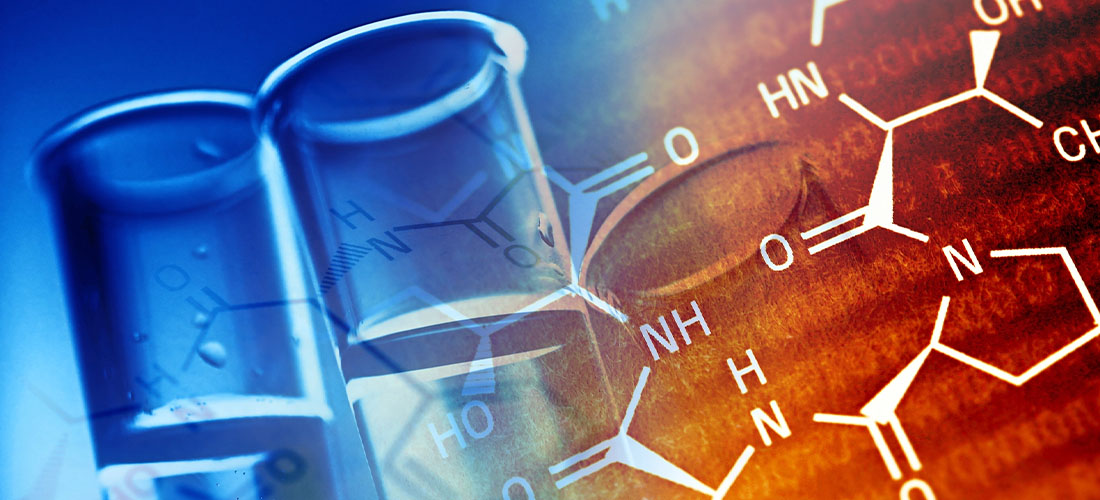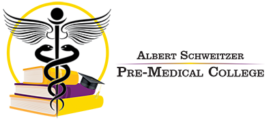Biochemistry

A biochemistry pre-medical course is a course designed to provide students with a solid foundation in biochemistry and related sciences in preparation for medical school. Medical schools often require applicants to have completed specific science courses, and biochemistry is typically one of them.
The pre-medical biochemistry course covers the same topics as a regular biochemistry course, including the structure and function of biomolecules, metabolism, enzymes, and gene expression. However, the course is tailored to meet the specific needs of pre-medical students, with a focus on the biochemical processes that are relevant to human health and disease.
Topics that are typically covered in a biochemistry pre-medical course include:
- Biochemical basis of disease: The course covers the biochemical basis of various diseases, including metabolic disorders, cancer, and infectious diseases.
- Human physiology: Biochemistry is essential to understanding the underlying mechanisms of human physiology, such as muscle contraction, nerve function, and hormone regulation.
- Pharmacology: The course may cover the principles of pharmacology, including drug metabolism and pharmacokinetics, which are important for understanding how drugs are used to treat diseases.
- Laboratory techniques: Practical laboratory sessions are an essential part of a biochemistry pre-medical course, providing students with hands-on experience in experimental techniques such as protein purification, enzymology, and molecular biology.
A biochemistry pre-medical course is typically offered at the undergraduate level and is a required course for students interested in applying to medical school. The course is designed to prepare students for the rigors of medical school by providing them with a strong foundation in biochemistry and related sciences.
